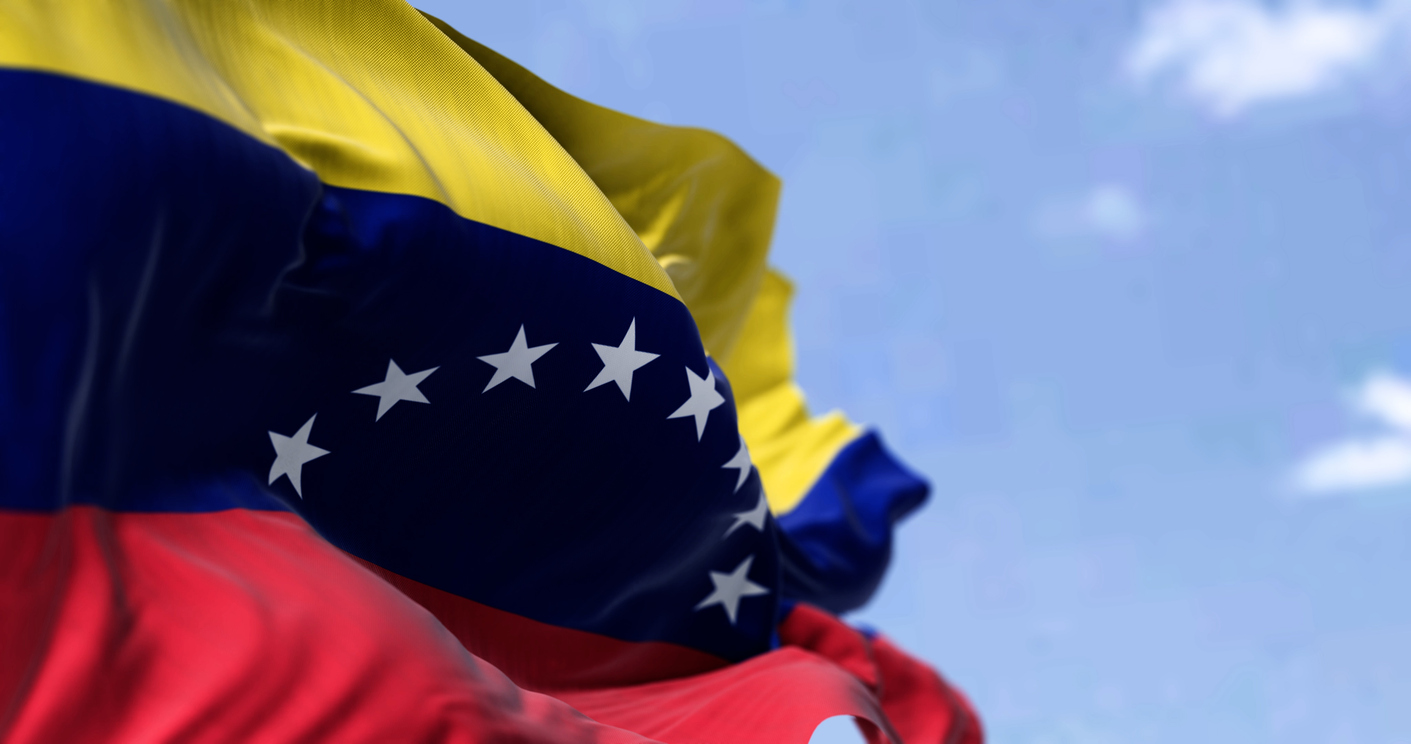Time Period: June 2000
Location: Venezuela
Main Actors: Venezuelan Military Officers
Tactics
– Selective social boycott
Venezuela began a long, sad road towards authoritarianism and economic crisis during Hugo Chávez’s presidency (1999-2013). The 1998 election ended four decades of competitive two-party politics in Venezuela. Chávez, a military officer who had been imprisoned in 1992 for plotting a coup d’état, won the 1998 election without a mainstream nomination. During his campaign, Chávez deployed populist rhetoric against a corrupt and unequal system that could no longer meet voters’ needs, for example calling to “fry” his opponents.
After his 1998 victory, Chávez moved to rewrite the constitution, slowly eroding Venezuela’s system of checks and balances. He then proceeded to dismiss the Supreme Court and legislature. Chávez’s military allies and former coup-plotters were tapped as ministers of defense, transport, and taxation, as well as state governors and directors of Venezuela’s secret police. Regional army commands were empowered to oversee elected officials. Many such appointments were made without legislative approvals. Meanwhile, military courts largely shielded human rights abusers from civil prosecution.
During Venezuela’s 2000 election, opposition parties had a strong showing. This competitive atmosphere helped opponents raise awareness of Chávez’s undemocratic attempts to consolidate power. Although he won the election, some of Chávez’s key military advisors deserted him during the campaign. In June, a ceremony was held for 93 retiring officers who were to receive the military’s highest honors. In opposition to Chávez’s power-grabbing and military interference, 42 of the 93 officers did not attend the ceremony.
The retiring officers’ boycott did not ostensibly hamper Chávez’s efforts to consolidate power alongside his military allies. It was relatively small-scale and was not followed up by any observable additional resistance tactics. However, the boycott sent a strong signal that Chávez’s actions violated norms of Venezuelan democracy. Democracy organizers in the US could benefit from further studying acts of resistance among Venezuela’s armed forces, especially in light of Donald Trump’s attempts to politicize the US military.
Where to Learn More
- Freedom House. (2001). “Freedom in the World: 2000-2001.”
- Human Rights Watch. (2013). “Venezuela: Chávez’s Authoritarian Legacy.”
- Kronick, D., Plunkett, B., & Rodriguez, P. L. (2023). “Backsliding by surprise: the rise of
- Chavismo.” Political Science Research and Methods, 11(4), 838-854.
- Schaffer, M. (2023). “Trump Politicized the Military. Was That the Real Problem With the Jan. 6 Response?” Politico.
You can access all the caselets from the Pillars of Support Project here.

